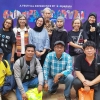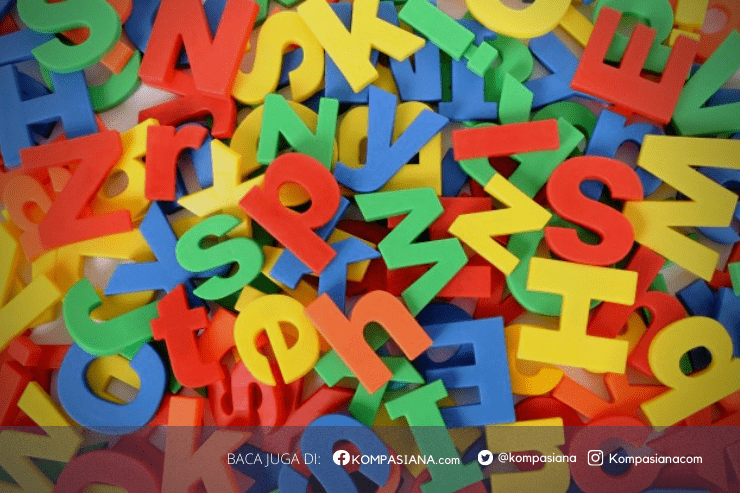It's not as easy it sounds, as you probably realize. Even in our native languages, we often struggle to build a vocabulary that is clear and precise.
When we write in our second or other languages, the difficulty grow. A lot of advice you hear about learning vocabulary will tell you to read a lot. While always a good idea to read, it won't guarantee that you'll become a lot better at vocabulary.
Imagine you wanted to become a better football player while watching games will certainly help you learn things about how the game is played, you need to run, kick the ball, and play with teammates to learn to play well.
This applies to vocabulary too. You can read and look at words, but you need practice to really put them to use, to develop the strong vocabulary you want. There are two additional problems with using reading as your primary means of vocabulary development.
First, looking up words when you read can help your passive vocabulary, but not always your active one.
Passive vocabulary is made up of words you understand, but you don't necessarily use in your speaking or in your writing.
Active vocabulary is made up of those words you use when you talk and write.
Most of us know many more words passively than actively.
The key is to find a way to turn passive vocabulary into the active vocabulary.
Baca konten-konten menarik Kompasiana langsung dari smartphone kamu. Follow channel WhatsApp Kompasiana sekarang di sini: https://whatsapp.com/channel/0029VaYjYaL4Spk7WflFYJ2H







